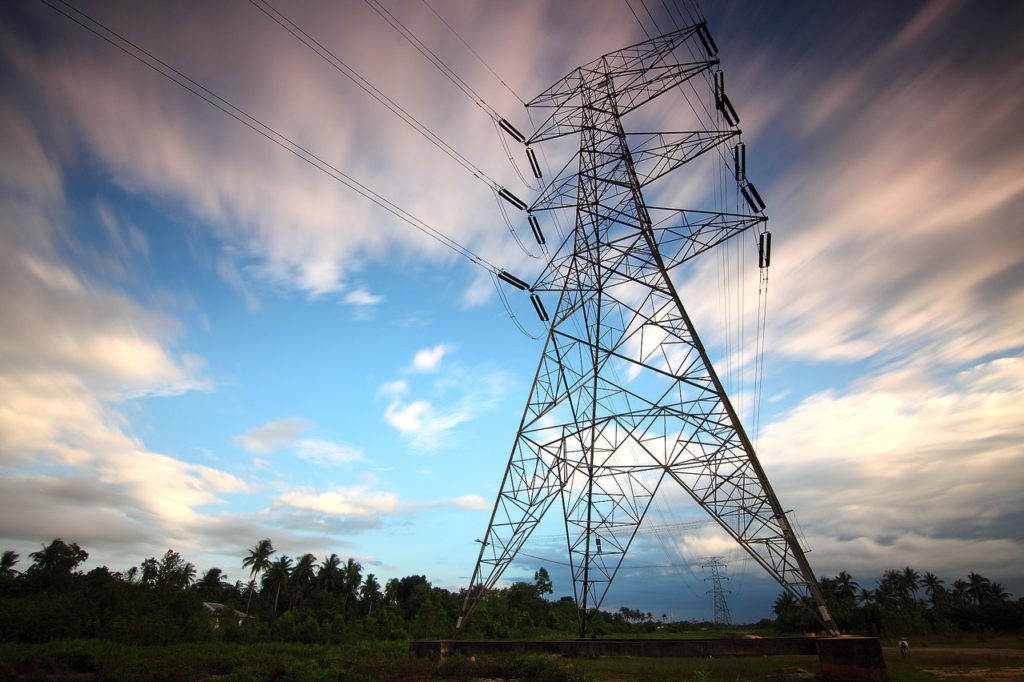Situation Report
The Interim Budget 2024-25 lays down a comprehensive framework for India’s continued economic progress, balancing fiscal prudence with strategic investments across key sectors. It aims to build on the country’s strengths while addressing critical areas of need, ensuring inclusive and sustainable development.







